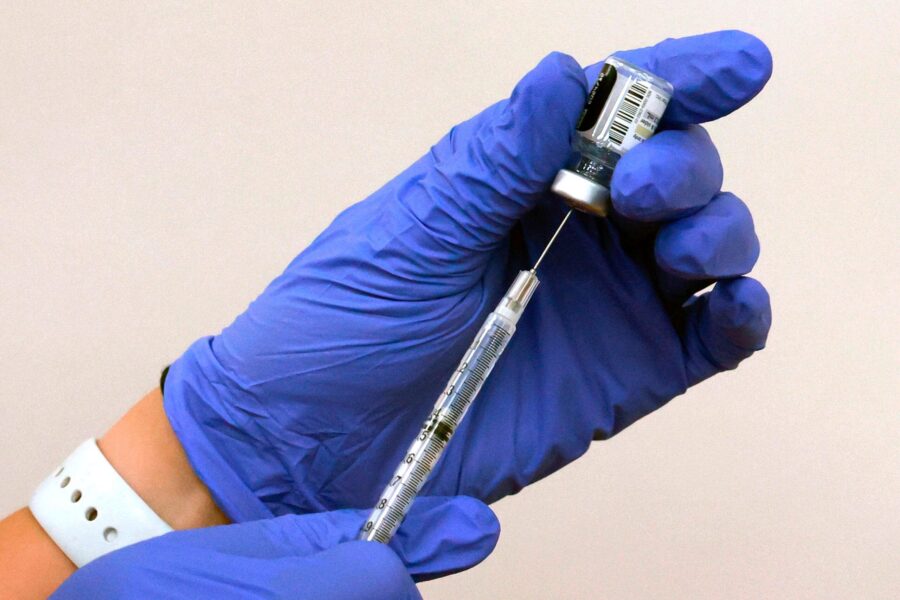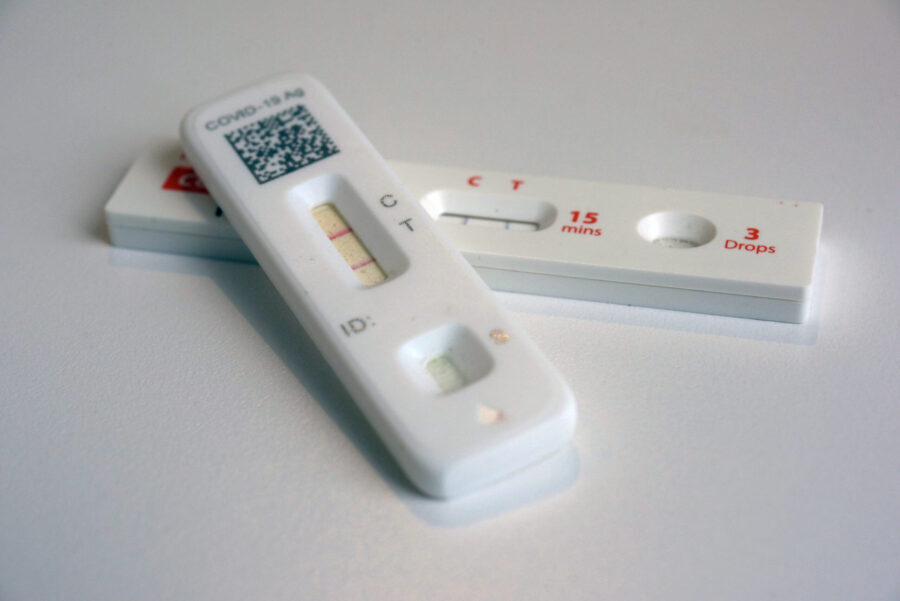Former CNA talks about burnout on the frontlines
Sep 14, 2021, 8:37 PM | Updated: Sep 15, 2021, 8:01 am
SALT LAKE CITY — Thanks to the pandemic, a lot of health care workers are taking on more hours and more responsibilities that they didn’t sign up for.
Cole Squire said he took on his share of that.
He started working as a certified nursing assistant at University Hospital over two years ago.
When the pandemic hit, he started working around 50 hours a week, in addition to going to school full-time at the University of Utah.
There was, however, at least one thing that helped him and others keep going.
“At the very beginning of the pandemic, you had people applauding us and celebrating us,” said Squire.
Burnout for medical workers is very real. I talked with a now former CNA, about how he says the pandemic changed his career path, and the concerns he has for his former colleagues who are choosing to stick it out. @KSL5TV at 6. pic.twitter.com/tQbB15P2CZ
— Mike Anderson (@mikeandersonKSL) September 14, 2021
He initially signed on to help in the cardiovascular unit at the hospital, but later, helped staff test for COVID-19 during the summer of 2020.
“So like, me being in this plastic gown, with like a hood over my face for eight-plus hours, swabbing patients in 100-degree heat,” Squire recalled. “It definitely got hot really quick.”
But, he said what truly made it tough was the change in the patients and their families.
“What was really frustrating is they would kind of spew a lot of very false medical information, kind of being like, ‘COVID’s a hoax,’ like, ‘you’re just purposefully diagnosing me with COVID to get more money,'” Squire said. “It kind of felt like being stabbed in the back from the general public as well, because my job, as a duty, was to help people.”
As the number of cases and hospitalizations started to surge in 2020, Squire said he watched a lot of good people leave their jobs, and, in some cases, their medical careers.
“You were treating people at the lowest moments of their life,” Squire explained. “And then, to be villainized for it, you were demoralized for being a health care worker, and at that point, you realized like, why am I doing this?”
Squire said he eventually decided it was time for him to go, too.
His last day was on Sept. 8.
“It kind of made it really hard to stick in the industry,” Squire said. “And of course, I still want to help people, but now, I’m going to be pursuing a different career to help people.”
Squire said he’s now applying to schools in international law.
He cautioned his friends who are sticking it out in the medical industry to take some time for self-care.
“If they’re feeling a little bit burnt out, they need to probably, maybe, take a step back and probably analyze what’s burning them out, and assess the situation of what to do,” Squire said.












